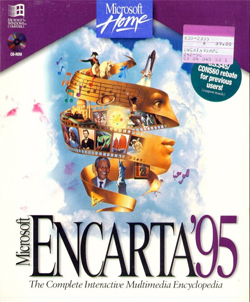
Neil Atkin has 20 years of teaching experience, the last nine as an Advanced Skills teacher in challenging schools. Starting the website exScites.com to transform learning and understanding, he discovered that the way to succeed was not to try to make the curriculum engaging, but to shift the paradigm and to find the engaging activities then add the curriculum. With this, rates of reaction can be taught using powerkites, momentum with rockets and the science of survival skills and surfing can hit a huge number of concepts! Having only left teaching recently due to a hearing loss, Neil’s experience is very current. He still regularly teaches and doesn’t deliver anything unless he knows it works.
This is the question I have asked to teachers I am working with across the world. In Pakistan, Kenya, Europe, Australia and many more places. The answer in well over 99% of the cases is a resounding 'No'. How can this be? Are we a profession of moaners, never happy, or do we have a real cause for complaint? I decided to investigate further. I asked teachers why they wanted to be teachers.

What are we educating our children for?
"Just in the past couple years, we've seen digital tools display skills and abilities that … eat deeply into what we human beings do for a living.” (Andrew McAfee)
"Are droids taking our jobs?" is a very powerful presentation by Andrew McAfee which looks at the great changes in civilisation. One change trumps them all: the technological advances that led to the industrial revolution. For the first time, humans were no longer restricted by the power of muscles, with machines replacing horses, and manufacturing on a mass scale replacing skilled craftspeople.
We are now experiencing another great revolution: the digital revolution that, if anything, will have a more profound effect on the world. We are seeing developments like the cognitive IBM computer Watson able to make decisions, and personal assistants like Apple’s Siri that can act as an interface between humans and machines. Linking these two would give us something capable of making better decisions than the vast majority of humans. This is not the future, this is the capability now; if Moore's Law is followed, in six years’ time, these are likely to be sixteen times as powerful. So we will no longer be restricted by the limitations of human brain power. This begs the question: what is the role of human beings going to be in the future and, more importantly, how will we equip our young people with the skills to cope with this new world where the only certainty is uncertainty?

Are iPads the latest big thing that will transform education, or yet another over-hyped technology that will be misused until the next big thing comes along?
Computers in the late 80s were going to change everything, but then we realised they couldn’t do very much that was really different. In the 90s, CDs with encyclopedias such as Encarta appeared which were going to kill the textbook, but that never really happened.
Microsoft put out the Where do you want to go today? adverts in the 90s, but we didn’t really seem to go anywhere.
Interactive whiteboards were the next big thing, with England particularly keen to adopt. Used well they can be highly effective, but the majority are used as little more than a white blackboard.

A community-driven platform for showcasing the latest innovations and voices in schools
Pioneer House
North Road
Ellesmere Port
CH65 1AD
United Kingdom